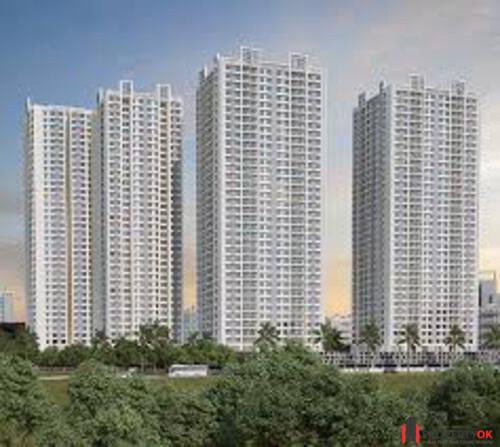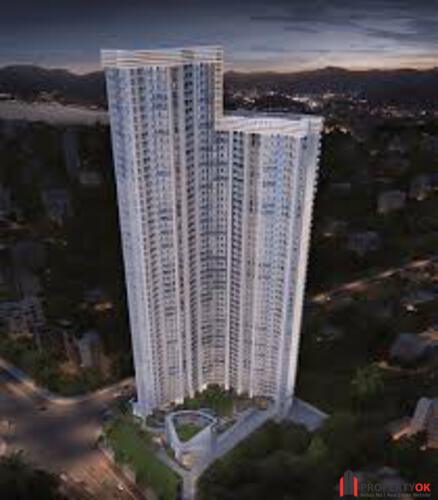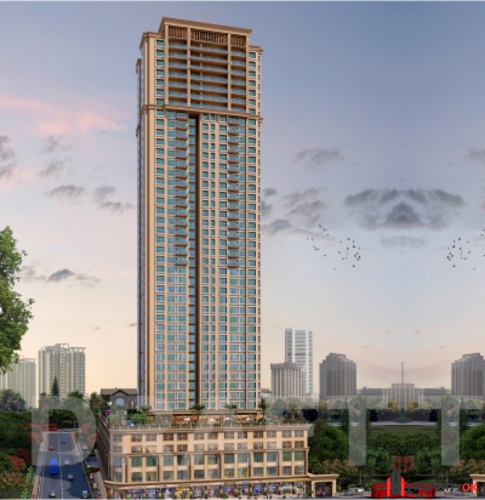Hunting for your dream home? But confused by the conflict caused by the two options: house vs. flat? Then this blog is a must-read for you.
If you’re trying to decide between a home and an apartment, we will look at the advantages and disadvantages of each option and help you decide which is best for your needs. Read more about what to consider when buying a house or apartment!
Introduction
The debate of whether to buy a home or a flat has been going on for years. Of course, both have pros and cons, but ultimately it comes down to what you want and needs in a property. In this blog post, we’ll take a closer look at the key differences between homes and flats so that you can make an informed decision when buying your next property.
Size is the most obvious difference between homes and flats. A typical flat will have much smaller square footage than a home, meaning you’ll have less space to work with. This can be a pro or a con depending on your circumstances. For example, a smaller flat might be ideal if you’re single or don’t have many belongings. However, if you have a family or are looking to start one, you’ll need to consider whether a flat will be big enough for your needs.
Read more:
HOME LOAN ELIGIBILITY: A GUIDE FOR HOME BUYERS IN INDIA
Another key difference is that flats are often located in urban areas, whereas homes are more likely to be found in suburban or rural locations. This means that if you buy a flat, you’ll be closer to amenities like shops and restaurants but also nearer to noise and pollution from traffic. Homes offer more peace but may require longer commutes into town or city centers for work or leisure activities.
Flats also tend to be cheaper than homes in terms of the purchase price and monthly mortgage payments.
Explore our top-rated properties in Mumbai and find your dream Flat today. Contact us for more details!

Advantages and Disadvantages of Buying a House
There are several advantages and disadvantages when deciding whether to buy a house or a flat. Below we outline some key points to help you make your decision.
Advantages of buying a house:
• You own the property outright and can do what you like with it within the bounds of planning permission – decorate, extend, knock through walls, etc.
• Houses typically increase in value over time more than flats so they can be a good investment.
• If you have a garden, you can enjoy outdoor space that is private and not shared with others.
Disadvantages of buying a house:
-They are usually more expensive than flats, so you may need a larger mortgage.
-Houses can be harder to sell than flats if the market slows down.
-You are responsible for all maintenance and repairs inside and outside the property.
Also read:
EXPLORING THE BENEFITS OF OWNING A 2 BHK FLAT
Advantages and Disadvantages of Buying a Flat
A few key things to consider when buying a flat or a home. Before making a purchase, it is important to consider the advantages and disadvantages of each.
Advantages of buying a flat:
-One big advantage of buying a flat is that they tend to be cheaper than houses. This is because you usually buy only one unit in a larger complex, meaning there is less individual ownership.
-Another advantage of flats is that they often come with added security features such as gated entry and CCTV. This can give you peace of mind knowing your property is well protected.
-Another plus point for flats is that they require less maintenance than homes as the management company usually takes care of communal areas.
-Finally, flats tend to have better resale value than homes, as there is often more demand for this type of property.
Disadvantages of buying a flat:
-One downside of flats is that you may have less privacy than if you own your own home as you will live near your neighbors.
-Another potential disadvantage is that you may have to pay service charges to the management company, which can add up over time.
-Another thing to remember is that flats are often located in city centers which can mean more noise and pollution.
Read more:
A GUIDE TO LIVING IN MUMBAI, INDIA: THE CAPITAL OF DREAMS
Cost Considerations for House vs. Flat
There are a few key points to consider when considering the cost of a house vs. flat. Firstly, houses typically cost more than flats due to their larger size and the fact that they usually come with a garden. However, flats can be cheaper to maintain as there is often less outside space to take care of. Secondly, it is important to think about the location when considering costs. For example, a flat in London is likely to be more expensive than a house in Manchester. Finally, considering the length of time, you plan on staying in your property can affect mortgage rates and other associated costs.
Say goodbye to endless searching and hello to your perfect property with PropertyOK, the real estate agents who make it easy.
Location Considerations for House vs. Flat
There are many factors to consider when choosing between a house and a flat. One important factor is the location. Here are some things to keep in mind when considering the location of a house versus a flat:
Houses:
-Houses are typically located in suburban or rural areas, away from the hustle and bustle of city life. But, again, depending on your preferred lifestyle, this can be a pro or a con.
-Houses usually have more land surrounding them, providing more privacy and space.
-The value of houses can be more volatile than flats, as they can be affected by factors such as the surrounding neighborhood and schools.
Flats:
-Flats are usually located in urban areas, close to conveniences like shops and restaurants. But, again, depending on your preferred lifestyle, this can be a pro or a con.
-Flats typically have less outdoor space than houses, but some complexes may have amenities like swimming pools or gyms that you can use.
-The value of flats is usually more stable than houses, as they are not as affected by external factors.
Size Considerations for House vs. Flat
You need to consider a few key size considerations when deciding between a house and a flat. First, think about the overall size of the property you need. If you have a large family or frequently entertain guests, you’ll likely need more space than a flat can provide.
Second, consider the number of bedrooms and Bathrooms you need. Again, a family or someone who likes to entertain often needs more than a one-bedroom flat can offer. Finally, consider any special features or amenities that are important to you. For example, if a backyard is important to you, you’ll need to choose a house over a flat.
Also read:
ALL YOU NEED TO KNOW ABOUT HOW TO NEGOTIATE FLAT PRICE WITH BUILDER
Maintenance Considerations for House vs. Flat
There are several key considerations to keep in mind regarding the maintenance of houses vs flats:
- Houses typically require more regular and thorough maintenance than flats due to their larger size and number of rooms/areas. Therefore, you will need to budget for things like painting and repairs more often than with a flat.
- Flats tend to be located near other properties, making accessing shared facilities like laundry rooms or gyms easier and cheaper. But, again, this is something to bear in mind if you consider a flat over a house.
- It is worth noting that both types of property can be subject to similar issues, such as dampness or mold, so it is important to factor this into your decision-making process.
Conclusion
There are many differences between homes and flats. For example, houses have more space for larger families, whereas flats offer the convenience of living in an urban area with easy amenities. Both options have advantages and disadvantages. We hope you can decide which type of property best suits your needs!
Frequently Asked Questions:
1. Should you prefer living in a house or a flat?
Living in a flat may be better for some people due to cost, ease of maintenance, and proximity to amenities and transportation. Additionally, living in a flat may be a better option for people who prefer to live in a more urban environment.
2. Which one is more expensive to purchase and maintain?
Houses are more expensive to purchase and maintain than flats.
3. Where are they usually located?
Houses are usually located in suburbs or rural areas, while flats are often more centrally located and offer easy access to public transportation and amenities.
4. Which one is easier to maintain?
Flats are usually easier to maintain, as the maintenance of common areas such as elevators, staircases, and the exterior of the building is usually taken care of by the building management.

 Thank You
Thank You




